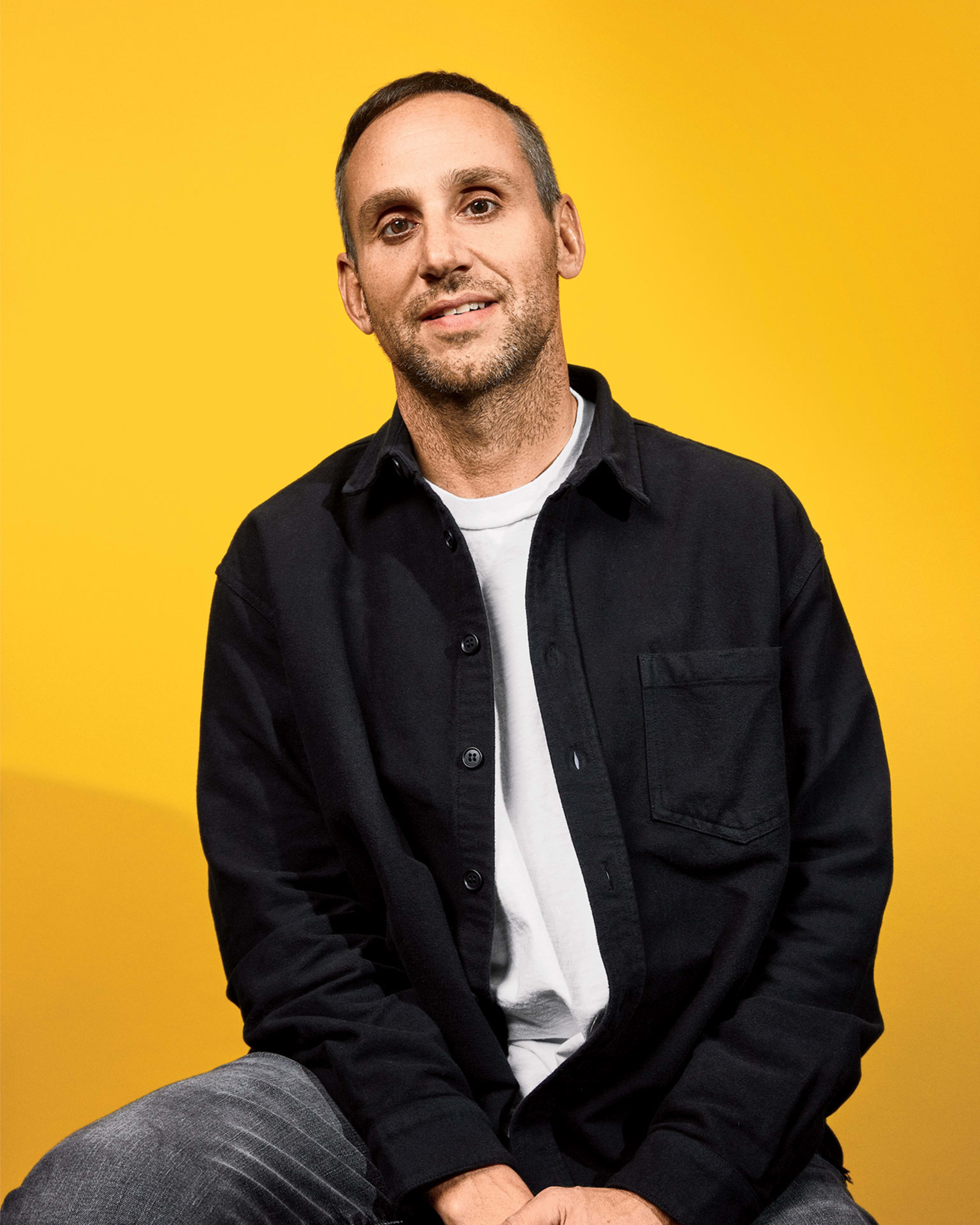Michael Rubin, the billionaire CEO of Fanatics, splits his time between three primary residences—four, if you count the new $70 million pied-à-terre in the Hollywood Hills, overlooking downtown Los Angeles. Tuesdays through Thursdays are reserved for his penthouse in New York’s Greenwich Village, not far from the main Fanatics headquarters. Thursday nights, it’s back to Philadelphia, where he grew up, and where his eldest daughter is finishing high school—unless it’s summer, in which case Rubin decamps to his 8,000-square-foot modernist mansion in Bridgehampton, on the South Fork of Long Island, New York.
Commuting is no fun for anyone. For an executive with a work and social calendar resembling a Pollock painting, traffic and other forms of quotidian delay are an even bigger menace, and Rubin eschews earthbound travel unless absolutely necessary, preferring to fly everywhere he goes, whether by private jet or on Fanatics’ “two helis,” as he calls them. “I’m in the air so much,” he told me this fall. “Every which way, I’d die without it.”
On the second Saturday in September, Rubin took his jet from Philadelphia to a private air hangar near the Dallas Fort Worth airport and then climbed into a rented Tahoe, which carried him to the local Fanatics office. He then reboarded the SUV and drove a few more miles north, to the site of the Dallas Card Show. Founded a decade ago, as a modest, 10-table swap meet, the card show is today one of the most important events for the multibillion-dollar sports collectibles industry—a sector that Fanatics, valued at $31 billion and already the single biggest manufacturer and distributor of sports fan apparel in the U.S., is intent on dominating.
Rubin waded into the scrum of the conference hall tentatively, his hands jammed into the pockets of his black jeans. Although he’s been celestially wealthy since 2011, when he sold his first company, GSI Commerce, to eBay, for $2.4 billion, Rubin has an unassuming presence for a business mogul—he’s slender, 5-foot-9 in sneakers, with brown hair that he wears in a kind of modified crew cut. His most defining characteristic is his eyes, which are close-set and densely lashed. Murmurs and nods followed him across the floor, as did a camera crew assigned to capture footage for Fanatics. “I don’t think of myself as a celebrity,” he said. “But I do get a fair amount of attention from young guys, let’s call it 20 to 30 years old, because they think, ‘Okay, yeah, I want to be like that guy in business.’”
Recognize your brand’s excellence by applying to this year’s Brands That Matter Awards before the extended deadline, June 14.
Sign up for Brands That Matter notifications here.
